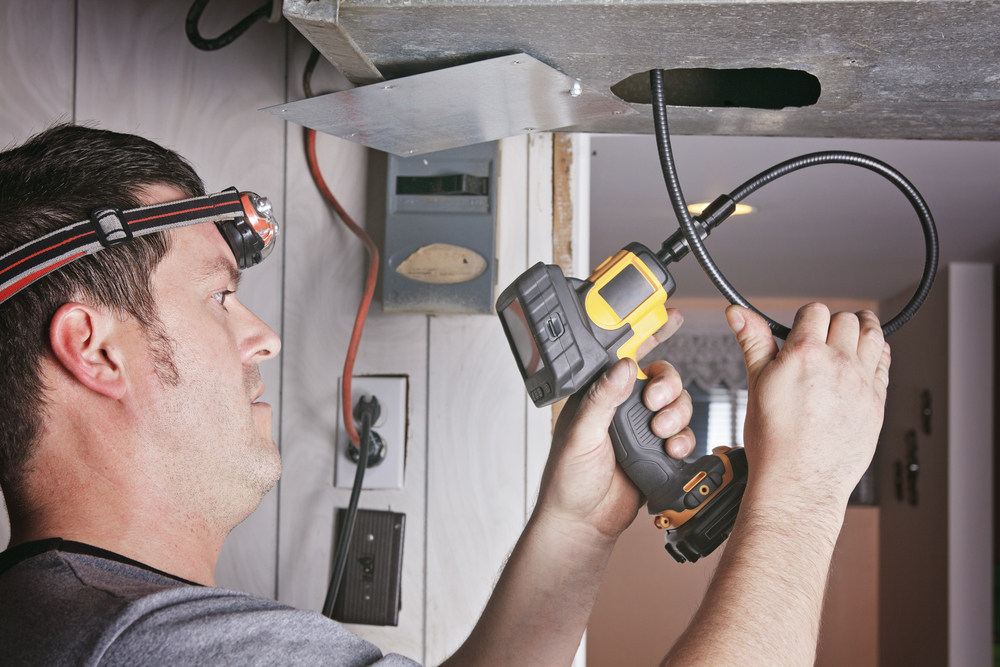Maintaining good indoor air quality is essential for your health and your family’s health. Many people don’t realize that the air inside their homes can be just as polluted as the air outside. In this blog post, we will discuss 5 tips for improving the air quality in your home. Implementing these tips will help keep you and your family healthy and breathing easily.
What is Indoor Air Quality, and Why Should You be Concerned About it?
As people spend more time indoors, indoor air quality should not be overlooked. Indoor air quality (IAQ) measures the pollution or allergens inside a home, building, or other space. Even though we can’t always see particles in the air, they can have serious health effects and cause illnesses ranging from headaches to asthma attacks. Contaminants such as dust, dander, pollen, mould spores, and chemical particulates can all affect IAQ and your overall health. IAQ is influenced by several factors: ventilation type and quality; the use of tobacco products inside; cleaning materials used; mould growth due to moisture problems; heating/cooling systems that contain contaminants; and off-gassing of products such as new furniture, wall paints, carpets/rugs, etc. Unfortunately, these pollutants can be easily found in every home, so homeowners must take preventative measures to reduce exposure and improve air quality.
5 Effective Tips to Improve Indoor Air Quality
Improving the air quality inside the home can have significant positive health benefits for everyone in the family. These five tips can help you improve your indoor air quality and make a difference in your household:
Change your Air filter Regularly.
Air filters help trap airborne particles like dust and dirt, so changing them every few months is essential. Doing this regularly can improve air quality by keeping the air clean and free of allergens.
Reduce Humidity
Too much moisture in the air can cause mould growth, which can worsen allergies. Consider using a dehumidifier or an air conditioner to reduce the amount of water in the air.
Clean Your Home Regularly.
Regularly cleaning and vacuuming your home can reduce the number of allergens in your living space. Make sure to use a vacuum cleaner with a HEPA filter, as this will help trap even more particles.
Use an Air Purifier or Humidifier
Air purifiers can help reduce the amount of pollen, dust mites, mould, and other allergens in your home. Humidifiers can also be helpful as they add moisture to the air, reducing the survival rate of some allergens. Make sure to use a clean filter in the air purifier, and change it regularly.
Buy Indoor Plants to Freshen The Air.
Plants can improve air quality by filtering and purifying the air. Some of the best plants for improving air quality are ferns, spider plants, peace lilies and English ivy.
Conclusion
The EPA reports that indoor air quality can be two to five times more polluted than outdoor air. Airborne pollutants in the home are often invisible, and many people do not even realize they are there, but they can significantly impact your health. The good news is there are some simple things you can do to improve the air quality in your home and protect yourself and your family from harmful pollutants. for further information please consult with a professional air quality service in Texas, USA


